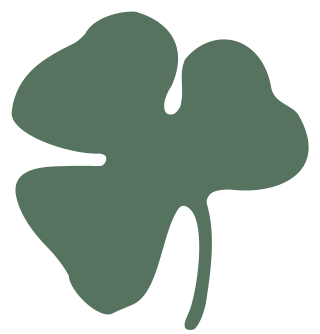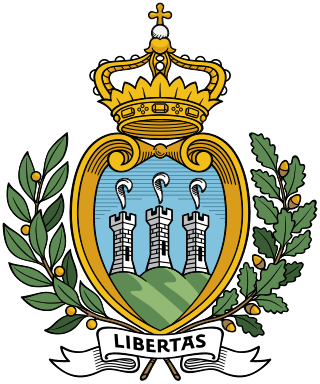
The Social Democratic Party of Albania is a minor social-democratic political party in Albania. Its founder is Skënder Gjinushi, a former Minister of Education (1987–1991) and Speaker of Parliament (1997–2001).

The Unity for Human Rights Party is a social-liberal political party in Albania supporting the Greek minority. Founded in 1992, it represents Albania's minorities and is mainly related to the Greek minority, and is the political continuation of Omonoia. It works with Omonoia, MEGA and other Greek parties in Albania at national elections, under a Greek bloc. The party is currently led by Vangjel Dule, who holds the party's only seat in Parliament.

General elections were held in the Netherlands on 5 July 1922. They were the first elections held under universal suffrage, which became reality after the acceptance of a proposal by Henri Marchant in 1919 that gave women full voting rights. Almost all major parties had a woman elected. The number of female representatives increased from one to seven. Only the Anti-Revolutionary Party principally excluded women from the House of Representatives. Another amendment to the electoral law increased the electoral threshold from 0.5% to 0.75%, after six parties had won seats with less than 0.75% of the vote in the previous elections.
The Democratic Party is a centre-right political party in Bulgaria led by Alexander Pramatarski. The party was a member of the European People's Party (EPP).

Parliamentary elections were held in Czechoslovakia on 27 October 1929. The Republican Party of Farmers and Peasants, emerged as the largest party, winning 46 seats in the Chamber of Deputies and 24 seats in the Senate. Voter turnout was 90.2% in the Chamber election and 78.8% for the Senate. The rightward shift of the 1925 elections was reversed, with moderate centre-left groups increasing their vote shares whilst the Communist Party suffered a set-back.
The Republican Movement was a political party in Switzerland between 1971 and 1989.

The National Democratic Group was a political party in Andorra.

The People's Liberal Party was a political party in Bulgaria.

The Liberal Party, also known as the Radoslavists was a political party in Bulgaria from 1887 until 1920.
The People's Party was a political party in Bulgaria between 1894 and 1920.

The National Liberal Party was a political party in Bulgaria.

The Farmers' Assemblies was a conservative political party in Estonia. Led by Konstantin Päts, it was one of the ruling parties during most of the interwar period.
The Estonian Independent Socialist Workers' Party was a political party in Estonia.
The Estonian Socialist Workers' Party was a political party in Estonia.
The Alliance of Social Democrats was a social-democratic political party in Iceland. The party was founded by Vilmundur Gylfason and won four seats in the 1983 elections.
The Democratic Centre, officially the Democratic Centre and Non-Partisan Public Workers, was a political party in Latvia in the inter-war period.

The Union of Social Democrats – Mensheviks and Rural Workers was a political party in Latvia in the inter-war period led by Marģers Skujenieks.

The National Workers' Party was a political party in Poland.

Socialists for Reform was a political party in San Marino.

The Autonomous Socialist Party was a far-left political party in Switzerland, based in the canton of Ticino.












